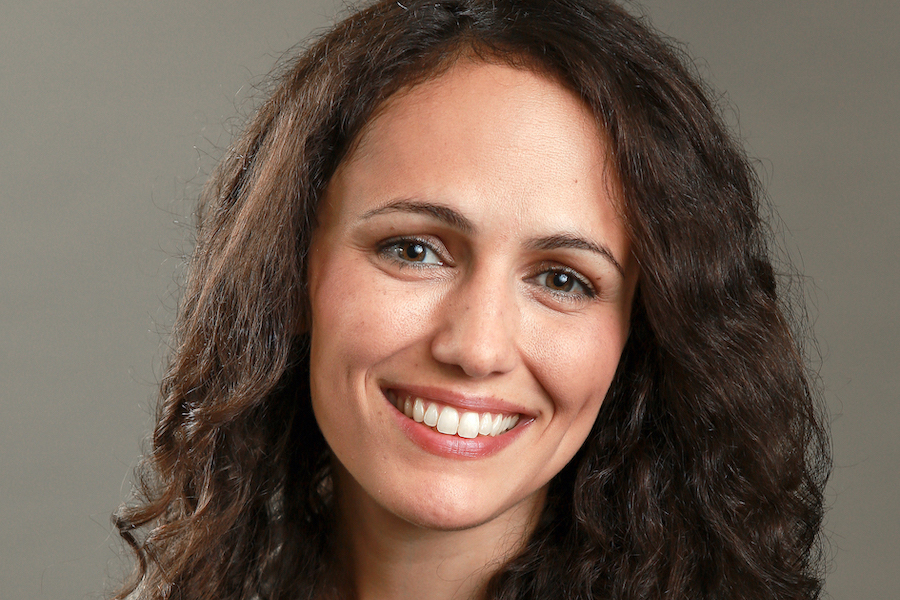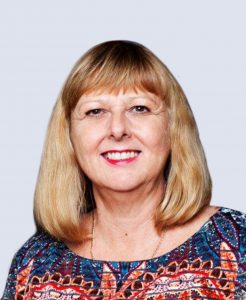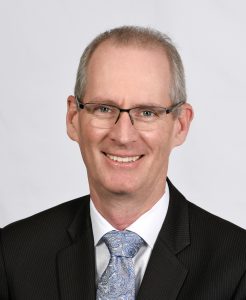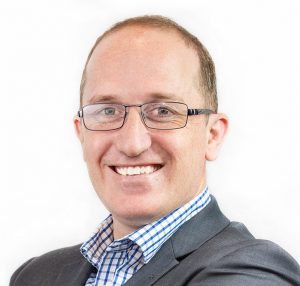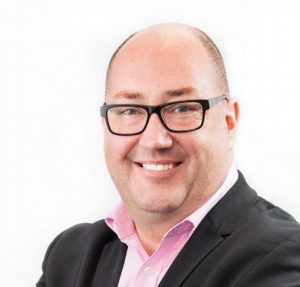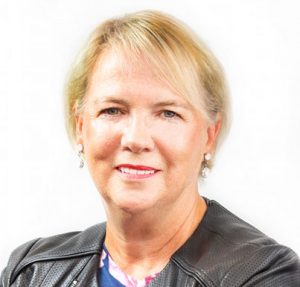21 Oct 2020
Take ten minutes to get to know Dr Liliana Laranjo, a Research Fellow with the University of Sydney’s Westmead Applied Research Centre, where she is working on a Digital Health CRC research project which uses digital tools to support patients with Atrial Fibrillation. Liliana is a GP who holds a Master of Public Health from Harvard University, and a PhD in Digital Health from Lisbon Medical School in Portugal. She joins the first cohort of trainees in our micro-credentialled digital health courses, starting in November.
Tell us a little about your life and your studies before you started your research
I was born and raised in Portugal’s capital city, Lisbon, where I lived with my parents and my brother. I have always been interested in health and fascinated by the human body, and I love gadgets and technology, so working in digital health is a perfect fit for me.
I’m not from a medical family – in fact I’m the first in my family to work in the health sector, but it’s something I wanted to do for a long time. When I left school I did an undergraduate medical degree at Lisbon Medical School, which is a six year degree. I travelled and did some internships in Denmark, Austria, France and the UK while I was studying and training as a general practitioner.
Why did you become interested in research into digital health?
In general practice, I saw lots of patients who had chronic conditions, and I saw how hard it seemed to manage these chronic conditions – lots of medications to take, lifestyle changes – it was complex for people and for doctors. I realised that we could leverage technology to help patients, and so I decided to enrol in a PhD program to work in digital health. I was awarded a PhD scholarship under the Harvard Portugal program, which allowed me to attend Harvard for a few months each year.
“I think design is the way to achieve better engagement with digital health interventions.”
What brought you to Australia?
While at Harvard, I completed a Master of Public Health while I was also doing my PhD. Then I took up an opportunity to come to Australia for three months as a visiting PhD student at the Australian Institute for Health Innovation (AIHI), which was then at the University of NSW and then later moved to Macquarie University.
I really enjoyed my time there and the paper that I ended up publishing following my research at AIHI, which is about how social networking can influence health behaviours, is still my most-cited journal article. The people I worked with there encouraged me to return when I finished my PhD. My husband joined me here for the three months and fell in love with Australia and then after I’d finished my PhD, I applied for a postdoctoral position at Macquarie University, so we moved to Australia five years ago. We are now in the process of becoming Australian citizens, which is quite exciting!
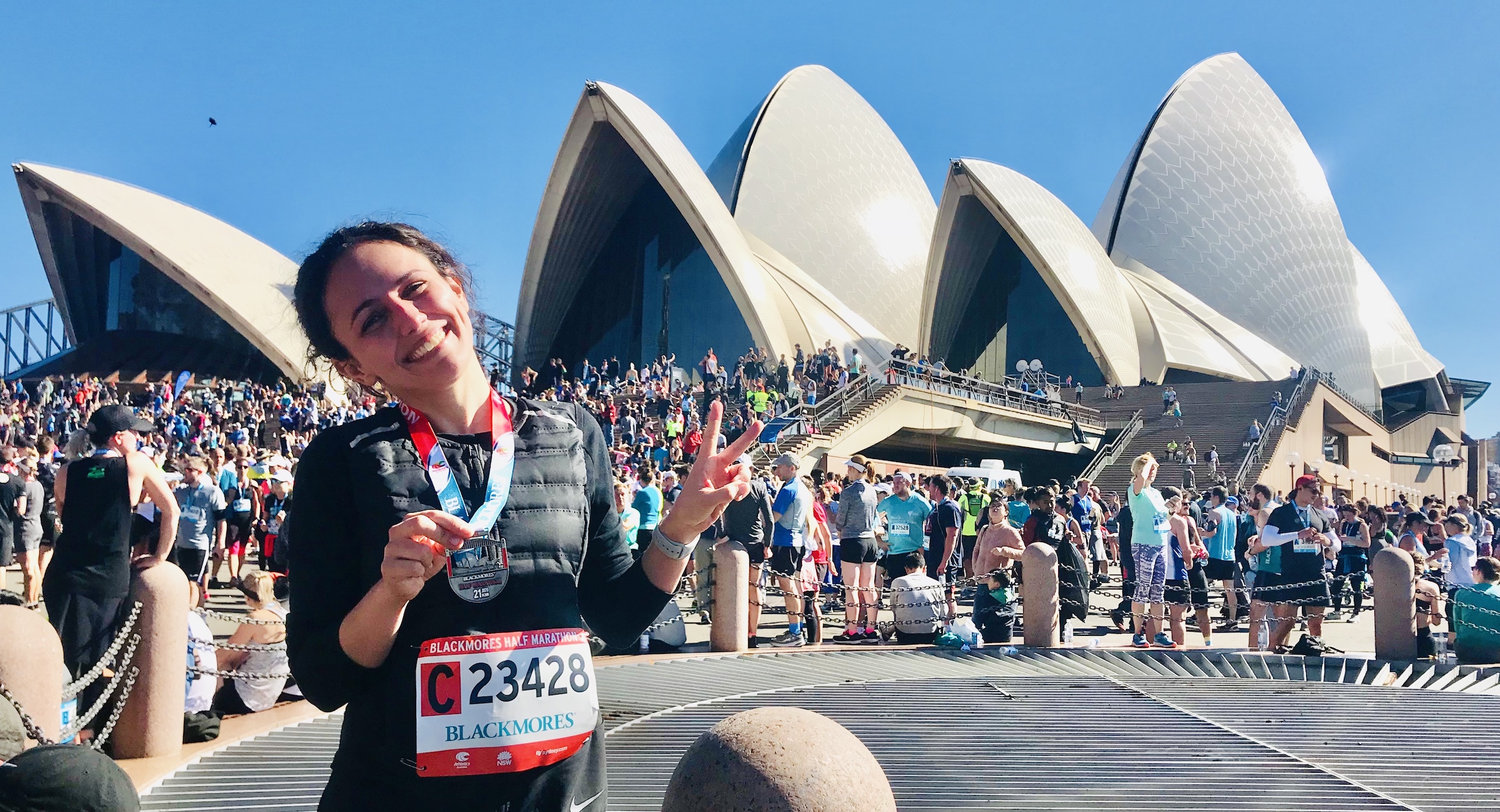
What’s your current research about?
One of my first projects in digital health was looking into how online social networks like Facebook and Twitter can help promote behaviour change, for example, helping people have a healthier, more active lifestyles, increase their physical activity, improve their diet and maintain a healthy weight. Our systematic review of existing trials on the topic found that interventions using online social networks can be effective in helping to modify health behaviours.
At Westmead Applied Research Centre, we are looking at the use of digital tools to improve people’s health behaviours and and prevent and manage chronic conditions. These digital tools include online social networks, mobile technologies such as apps and wearables, and artificial intelligence including chatbots, a bit like Siri or Alexa.
The Digital Health CRC project is named CHAT AF, an acronym from Coordinating Healthcare with Artificial Intelligence-driven Technology in Atrial Fibrillation. The project pilots a system aimed at supporting patients to self-manage their atrial fibrillation and promoting care coordination with their GP and cardiologist. The system consists of automated phone calls (using Artificial Intelligence technology) that will do monthly risk assessments of patients’ overall health, symptoms, and risk factors, in combination with text messages, emails, and access to an online tailored education platform. We hope to improve patient-reported outcomes and experience measures, as well as reduce avoidable hospitalisations and improve health outcomes..
What future areas of research in digital health do you think are important?
We know that some interventions using digital health tools can help people change their behavior and can improve outcomes in the short term. But there’s so many different interventions using different technologies like wearable devices, mobile apps, text messaging, AI chatbots, etc, and each intervention usually includes multiple features and behaviour change techniques. So the challenge now is to better understand exactly what combinations of technologies and intervention features work, for which populations, for which chronic conditions, and in what contexts.
Another big challenge in the field is how to promote long-term engagement with these interventions, to maintain their benefits throughout time and not just in the first months of the ‘novelty’ period.
You’ve signed up for the Digital Health CRC/RMIT Microcredentials Digital Health Course – what do you hope to get from this?
The course begins in November 2020 so I haven’t started yet. I’m enrolled in the Healthcare Design course, for health professionals to explore how to develop digitally-enabled health care services that incorporate good design principles.
I think design is the way to achieve better engagement with digital health interventions. I believe it is very important to involve users from the concept stage for an intervention, as well as iteratively throughout the co-creation process, so that the resulting interventions are engaging and effective in the long term. I’m keen to learn more about using design to improve engagement with digital health interventions and the best ways to involve users in doing that.
What do you like to do when you’re not working or studying?
I love photography and travelling, but with the pandemic it has been more difficult to travel, so I have been exploring NSW a bit more with my husband. I’m also very keen on running and hiking. We live close to a nearby National Park so it has been great to explore the park on the weekends. It’s like paradise there, you can’t believe you are so close to a city.
—–

